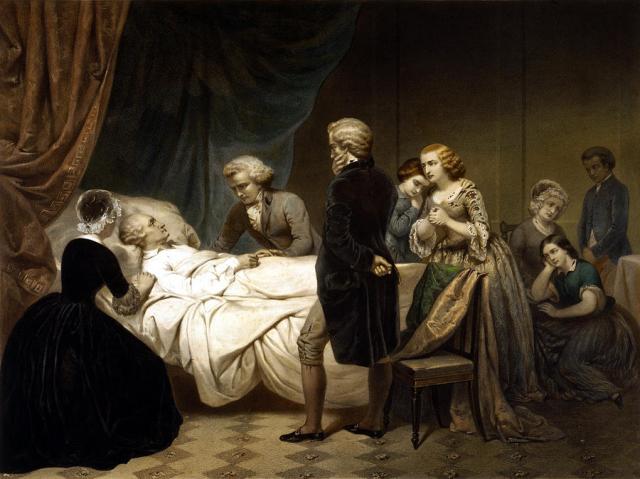
With each birthday, or new year, the end of life stuff gets a little closer, at least it does for me. This years birthday was not marked by special health alarms, but I did attend an interesting presentation on the government’s advanced care planning documentation. This was given by staff from Ty Watson, who have taken it upon themselves to promote this in the community through a series of information sessions. This initiative had been launched by Victoria with some fanfare in 2011, but as usual with governments, they had not actually thought through just how us lemmings would mass behind the concept, find our way through the forms, complete them and so magically make our final days, and those of our loved one, easier. Well other than to suggest that our overworked GP’s would somehow find time to help their patients sort it all out.
Why do it all anyway? A good, well thought through document would leave no hard decisions to make or at the very least provide some guidelines for spouses or children to help them make decisions in line with your wishes, and in the event of the incapacity of the subject of the plan. Not to mention the very great potential of a making the lives of health care providers easier and potentially a lot cheaper for the health system.
Coincidentally, I had been rereading a provocative article in the October 2014 Atlantic by Ezekiel J. Emanuel, a US based oncologist, bioethicist, and author, entitled ‘Why I hope to die at 75‘. His main argument is that “By the time I reach 75, I will have lived a complete life…I’m neither asking for more time than is likely nor foreshortening my life.” He is not calling for euthanasia, but rather is talking about how long he wants to live and the kind and amount of health care he will consent to after age 75. He makes the point that “Since 1960 … increases in longevity have been achieved mainly by extending the lives of people over 60. Rather than saving more young people, we are stretching out old age.” He calls this obsession with exercising, puzzles, juice and vitamin consumption, the “American immortal”.
His 75 years is a number based on Emanuel’s belief that the vast majority of us have achieved all our really useful work and accomplishments by that age. Sure there are outliers who continue to produce original work into their 80’s, but it seems that the average age of Nobel prize winners is 42, or at least this is the age when they do greatest work.
The interesting point to me is his belief that “Once I have lived to 75, my approach to my health care will completely change. I won’t actively end my life. But I won’t try to prolong it, either. …At 75 and beyond, I will need a good reason to even visit the doctor and take any medical test or treatment, no matter how routine and painless. … I will stop getting any regular preventative tests, screenings, or interventions. I will accept only palliative – not curative – treatments if I am suffering pain or other disability.” This is perhaps a comfortable and easily held view while still in ones mid fifties, but might be subject to modification as the critical age approaches. Looking at the personal horrors some people willingly subject themselves to – endless tests, chemo, radiation, tubes. His view is of course a pretty utilitarian or economic one and his solution a sort of modern version of the ice flow. Never the less, I recommend the full article for your consideration.
This brings us back to advance care planning which is really just a mechanism for you to decide in advance how much intervention you are prepared to accept at the near to end of life stage, in situations where you cannot speak for yourself. By considering your wishes now it could make it easier for spouses or children to make the difficult choices and decisions if you were incapacitated. The plan is left with doctors and will sooner or later be linked with the health system’s record system. Surprisingly, to me at least, some people have great difficulty dealing with this whole question. One friend in the workshop expressed it in terms of belief and the need to reflect on what you believe and would want for yourself; and of course the extent to which you want to make it easy for others. The point is that all people over age 19 should get going on the exercise.
As a final point I should stress that this has nothing to do with euthanasia, the instructions people leave will fall some place on a broad continuum from specifying ‘all measures to keep me alive not matter how intrusive or painful’ to some polite form of ‘take me out back and shoot me’ to put it in crude terms.
There is no better way to start than with the AV Hospice workshop. The next will be held on April 4th at 1pm in their office at 3088, 3rd Ave. www.albernihospice.ca






